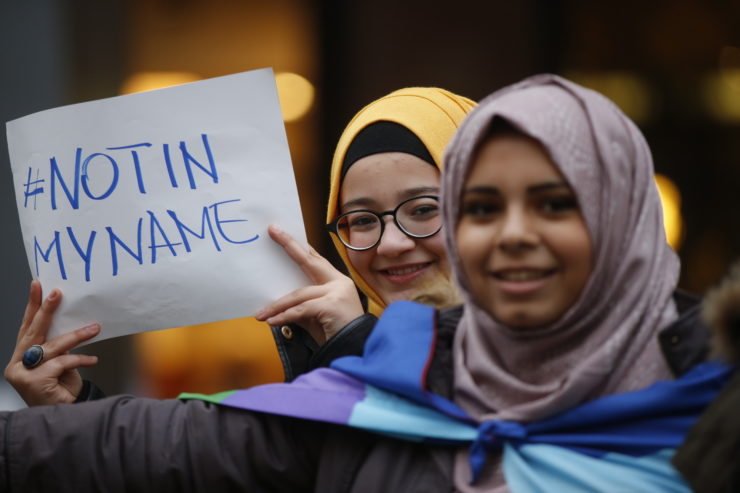A new study by the University of Southern California (USC) Annenberg Inclusion Initiative has revealed that most top TV shows feature no Muslims and if any Muslim characters are portrayed, they are negatively stereotyped.
The report looked at the 200 top-rated television series from 2018 and 2019 that aired in the U.S., the U.K., Australia and New Zealand and revealed that Muslim actors are largely absent from pop culture TV shows.
“Muslims make up 25% of the world’s population yet were only 1.1% of characters in popular television series,” said Al-Baab Khan, the study’s lead author. “Not only is this radical erasure an insult, but it also has the potential to create real-world injury for audiences, particularly Muslims who may be the victims of prejudice, discrimination, and even violence.”
The USC study examined nearly 9,000 speaking characters and revealed that the ratio of non-Muslim characters to Muslim ones was 90 to one.
It also discovered that 87% of the series that were scrutinized did not feature any Muslim characters and about 8% of the programs had only one Muslim actor. In addition, Muslim characters did not appear to grow over time, with no Muslim characters added to the programs studied from 2018 to 2019.
The report stated that the study portrays the “disheartening reality of Muslims on screen.”
“For Muslims, this sends a message that they don’t belong or don’t matter,” said Riz Ahmed of the production company Left Handed Films, in a statement. “For other people, we risk normalizing fear, bigotry and stigmatization against Muslims.”
According to the study, nearly one-third of the Muslim characters were depicted onscreen as violent offenders and almost 40% were targets of violent attacks. 37.2% of Muslim characters were shown as criminals and 15.7% worked in law enforcement.
Male Muslim characters were more likely to be depicted with a job than female characters, while female Muslim characters were also subject to other stereotyping, including more than half of the women wearing a hijab versus men being dressed in a variety of street clothes. (Daily Sabah)

 Join Daily Trust WhatsApp Community For Quick Access To News and Happenings Around You.
Join Daily Trust WhatsApp Community For Quick Access To News and Happenings Around You.


